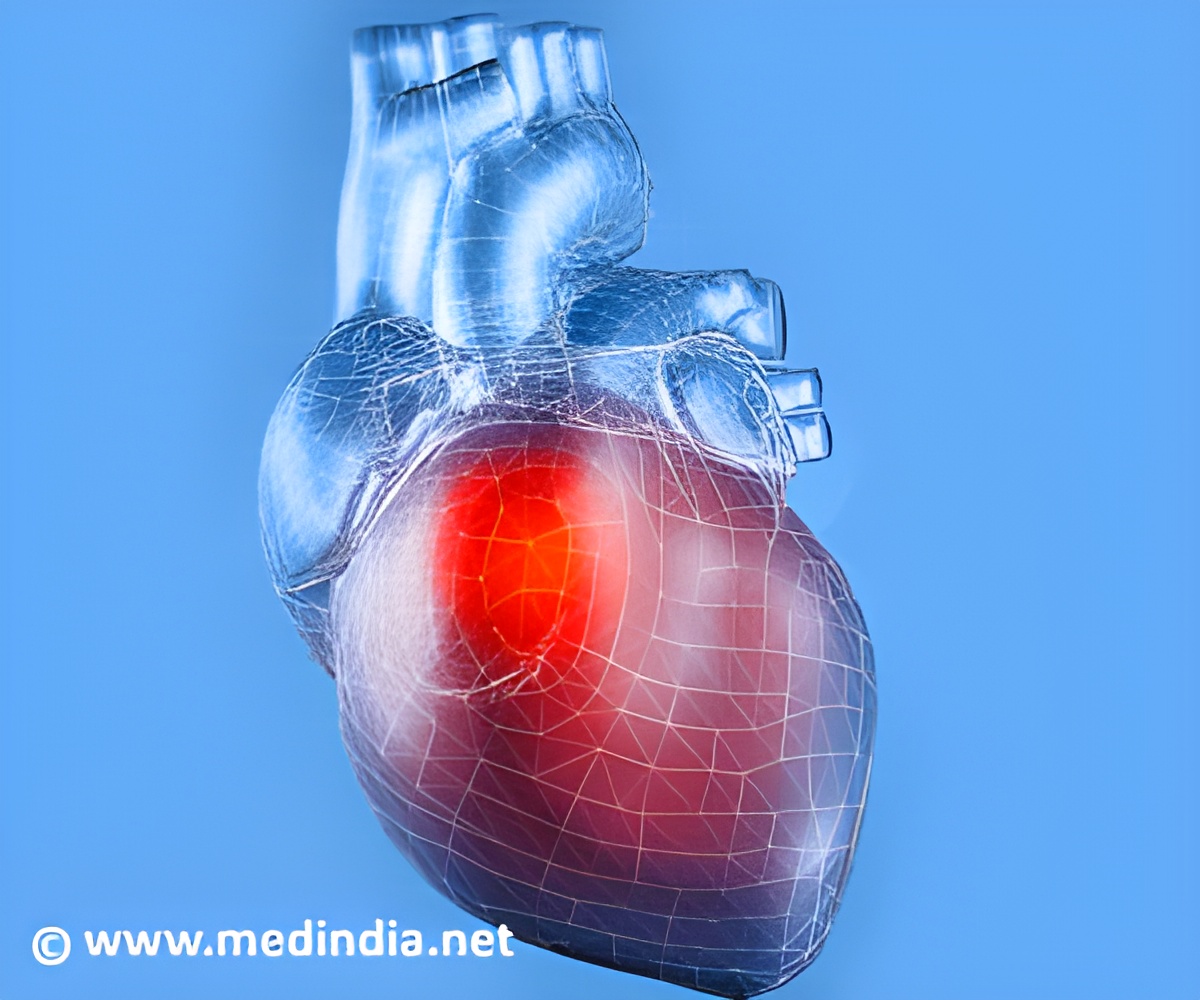
Gerhard E. could not breathe right. His aortic valve was relevantly narrowed and hardly opened anymore. For the 83-year-old, who had already had prior cardiac surgery, the "state-of-the-art" surgical valve replacement utilizing extracorporal circulation was too risky. But without replacement of the valve, his prognosis would have been very poor. Consequently, Prof. Dr. Georg Nickenig, Chair of the Department of Cardiology of the Bonn University Medical Center, who weighed the risks and benefits together with Prof. Dr. Armin Welz, Chair of the Department of Cardiac Surgery, recommended transcatheter aortic valve implantation (TAVI) to Gerhard E. three years ago. "I was really happy and relieved that there was a second, gentler alternative for my father", his son says.
"However, even this technologically mature intervention, which requires a sophisticated apparatus, is associated with some risks" Prof. Nickenig knows. Small particles of valvular calcium deposits can be mobilized during the procedure and spread to the brain with the bloodstream. Hence, interventional and surgical replacement of severely calcified heart valves are associated with a stroke risk of approximately 2-5%.
"Mini-strokes" a risk to memory?
In contrast, the cognitive performance level, such as intellectual function, memory, orientation, and concentration of the patients, had not yet been studied over the long term following implantation of an aortic valve. "However, this is of great importance in the ability of our elderly patients to cope with everyday life and to retain their independence, in particular considering the rising life expectancy"; that is how Privatdozent Dr. Alexander Ghanem, Senior Physician at the Department of Medicine II of the Bonn University Medical Center describes his motivation to conduct such a study. With this in mind, he prospectively investigated 125 high-risk patients – including Gerhard E. He recently published the results in the well-known technical journal "Circulation: Cardiovascular Interventions".
In cooperation with the Department of Radiology of the Bonn University Medical Center, using MRI exams of the brain following aortic valve implantation, he very frequently observed "microembolism" in the patients' brains – as a result of spreaded calcium deposits from the heart valve that were transported into the brain. The question arises whether clinically silent "microembolism" could be associated with the later occurrence of dementia spectrum disorders. Thus, in collaboration with the German Center for Neurodegenerative Diseases (DZNE) in Bonn, Ghanem tested and compared the cognitive capacity and memory capacity of patients before and after the intervention: "More than 90 percent remained consistently unharmed in this respect throughout two years after valve implantation".
Advertisement
On the other hand, elderly patients with aortic valve stenosis often have restricted cognitive capacity prior TAVI – possibly due to a narrowed aortic valve, leading, among other things, to inadequate blood supply in the brain. "Happily, even patients markedly below average cognitive performance prior the intervention had no significant decay of cognitive and mental performance levels for up to two years after the intervention. Consequently, the mental capacity even of these patients is not negatively impaired by aortic valve implantation", says Ghanem.
Advertisement
Source-Eurekalert















